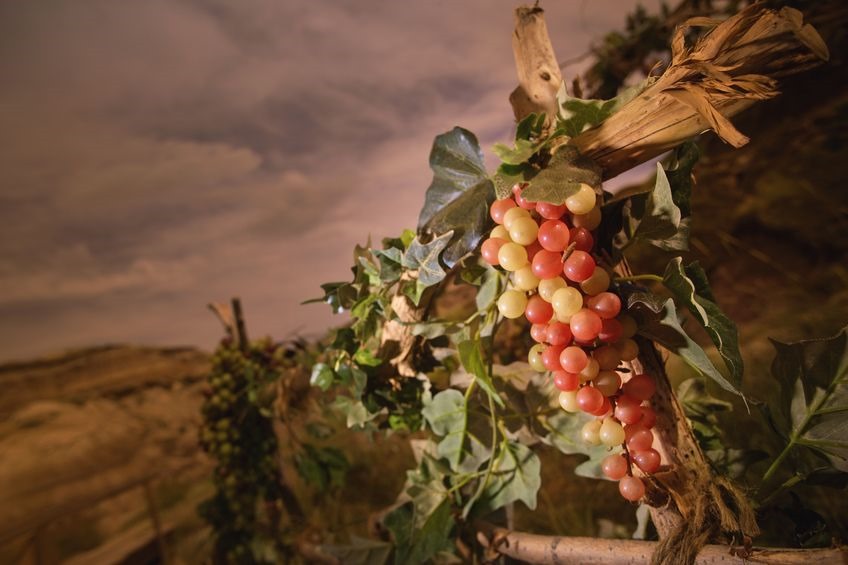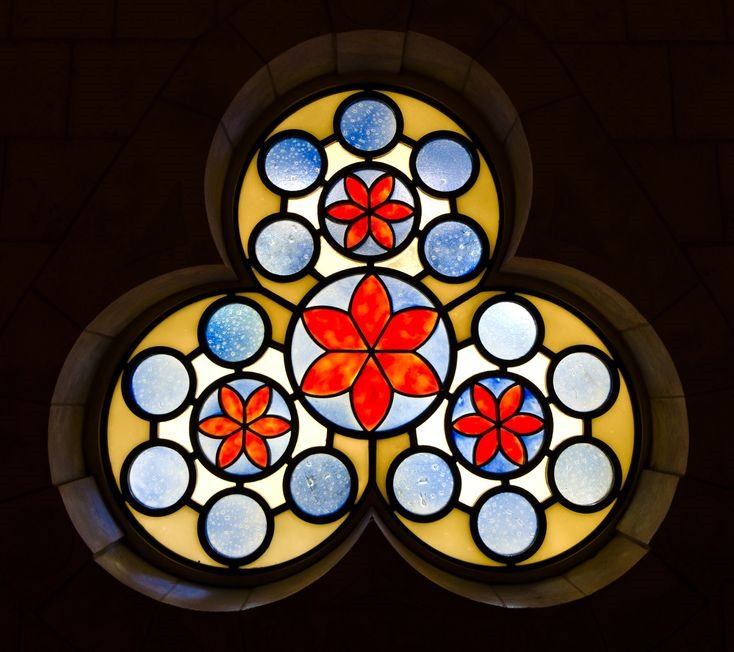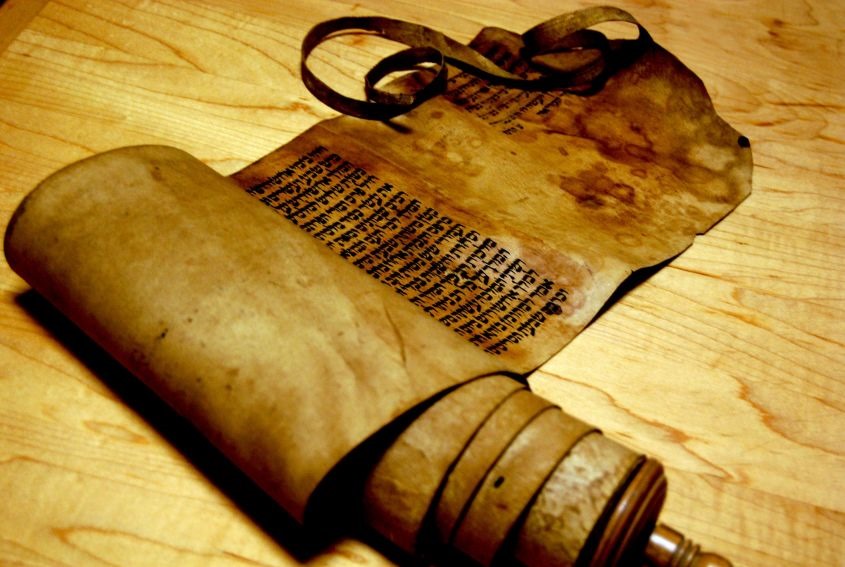-

The first Passover and the commemoration of it
It is almost time for Passover or Pesach, the first festival of the new biblical year. We find it necessary to re-read all the instructions before every feast. This ensures that we celebrate the festival according to the commandments given by YHVH. We tend to sometimes forget some of the detail… There are many different…
-

Sukkot – the Eighth Day
Have you ever wondered what the significance is of the 8th day of Sukkot? When we read the instructions for the feast of Sukkot in the book of Leviticus, there seems to be some distinction between the first seven days and the 8th day. Why is this so? Is there a special meaning to this…
-

Sukkot – restoring the Kingdom one sukkah at a time
This may sound strange to you. How can the Kingdom be restored, one sukkah at a time? What does this mean? We have come to understand the main purpose of the Tabernacle through a previous study. The foremost, but not the only, purpose of the tabernacle was to be a set apart place for YHVH…
-

We are living temples… really?
We have recently written two articles about the topic of assembling together. The tabernacle and Temple were central in both these studies. This time we are going to look at the Temple from a different, more spiritual, point of view. We have been taught that we are living temples of the Holy Spirit, but are…
-

Assembling together…how did we get from a tabernacle to a church or synagogue?
In this study, we will investigate what we know, in our time, as an assembly and how this compares with what was done in Biblical times. We shall also study how and when this originated. We shall look at the purpose of the tabernacle and the Temple and if this was indeed the forerunners of…
-

Uncleanness and separation…are these commandments still for us?
In our previous post, we wrote on the law of Niddah and some other relevant commandments. We have learned how uncleanness brought about by normal physiological functions or illness can cause separation. This compelled us to question the spiritual implications of this. We know there is a physical and a spiritual side to everything. Sometimes,…
